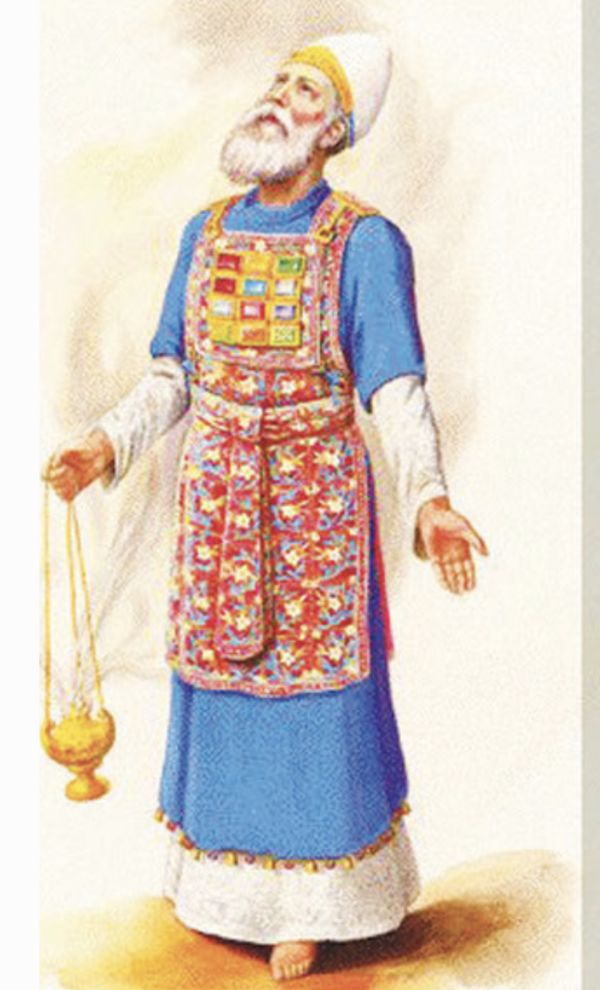(Mt 23:13-22)
«Alas for you, scribes and pharisees, theatrical ones, for you shut up the kingdom of heaven before the people» (Mt 23:13).
Unceremoniously, Jesus unmasks the untouchable veterans and religious leaders, all agreeing [for the first time in their lives] and coalescing for reasons of self-interest.
Hypocrite is one who puts a veil over reality so that it seems different: the ugly must appear beautiful, the bad (or hardship) good.
‘Radicality of believing' is not attachment to subtleties of reasoning and disciplines, but the Faith as a life current - “duty” yes, but of love.
The very harsh and topical tone makes it clear that the Lord is deeply grieved [vv.13-16.23: «Alas for you...»; «Alas to you...»].
The young Rabbi is not confronting the well-disguised duplicity of the scribes and pharisees of two millennia ago.
He speaks as a master because he addresses the top of the class in his communities. They make a spectacle of themselves, using the Lord as a screen, hijacking him; taking him hostage.
It is precisely the experts who close the Kingdom - that is, the scope in which the Father “reigns”.
They present a lawgiver and judge God, ultimately equal to that of the religions or the First Testament.
In such guise, the leaders themselves falsify the image of the Church.
In doing so, it is precisely the supposedly elect, the upright and experienced back in the Christian assemblies, who mortify the loving Face of the Eternal.
They made Him an unbearable caricature, which turned hearts away.
In short, already in the first assemblies the leaders who did not know how to stand aside manipulated Son and Father.
They reintroduced ancient rigmarole, forms of respect [and duty] towards them; as well as the idea of a moralizing God, who embarrassed with torment those who appeared at the threshold of the assemblies.
Idiocies of arrogant people who believed they did not need compassion... nonsense exercised over the signs (so believed) of another's sin.
All this closed the souls of the unsteady. In short, it had nothing to do with the Father's plan of salvation.
«Truth» is what one gives, not what one believes one possesses.
In his fraternities, Jesus demands enlightened leaders, not clamouring chiefs; not «reciters» who cling to [outdated or à la page] roles.
Instead, disciplines of the arcane, roadmaps, demands, false forms of subservience and manipulation began to appear again.
Artifices only useful to the astute who knew how to turn people's spontaneous devotion into market, forum, and catwalk - where everything is bought and sold at (even realization) prices.
A life-stopping situation, because the zeal of official figures is not always good - especially if it is mannered.
In the distant and insignificant persons - vice versa - Jesus encountered people who were perhaps more ethically negative and compromised than the conformist leaders, but without a mask.
Women and men with a genuine face, not «thespians» with something fake to save [vv.13-15 Greek text].
The last and inexperienced were not duplicitous, nor corrupt inside. They did not lose their sense of closeness.
Always the 'little ones', the 'infants' know the Father who walks with his people. And they do not become disloyal: they can therefore receive the joy of a newfound life.
[Monday 21st wk. in O.T. August 25, 2025]












